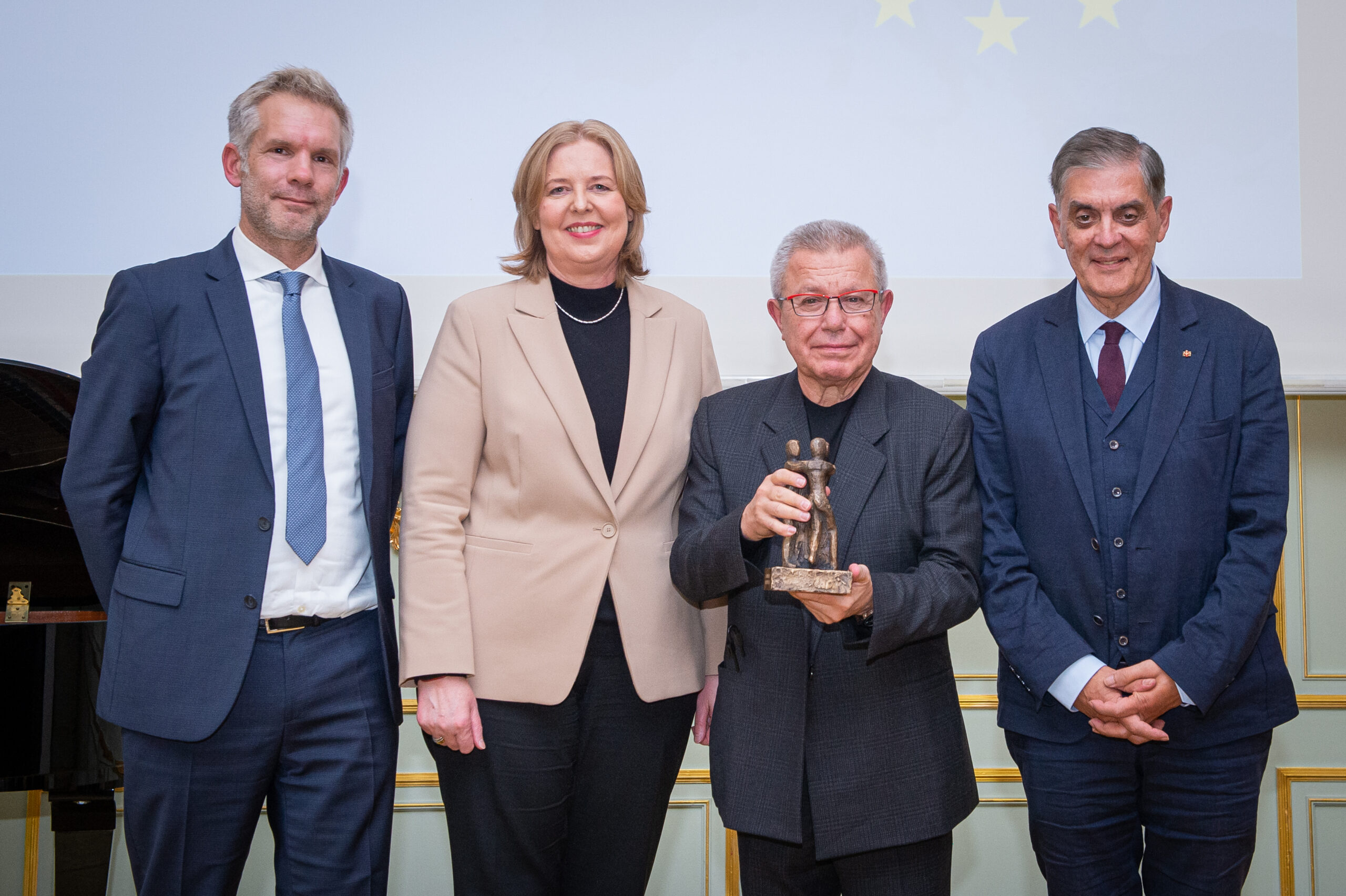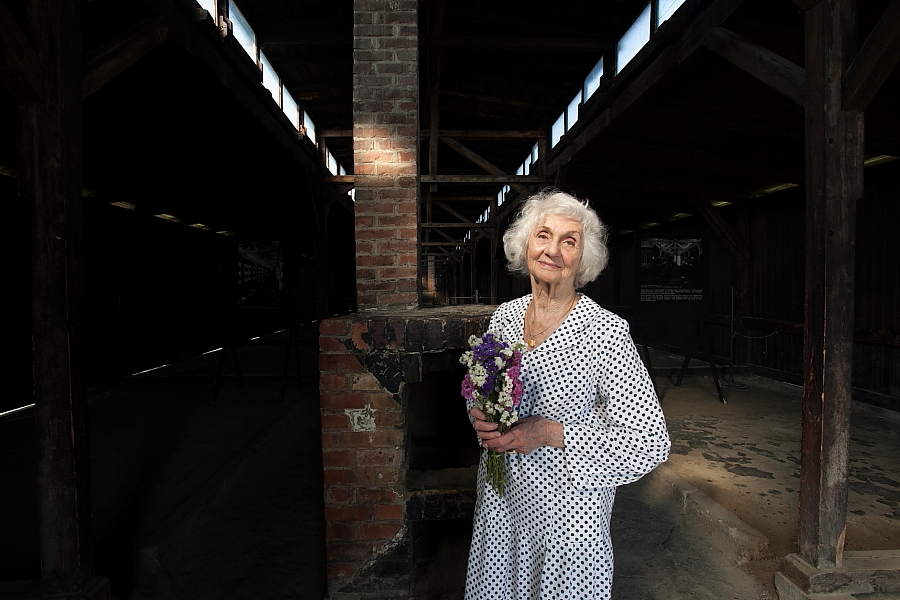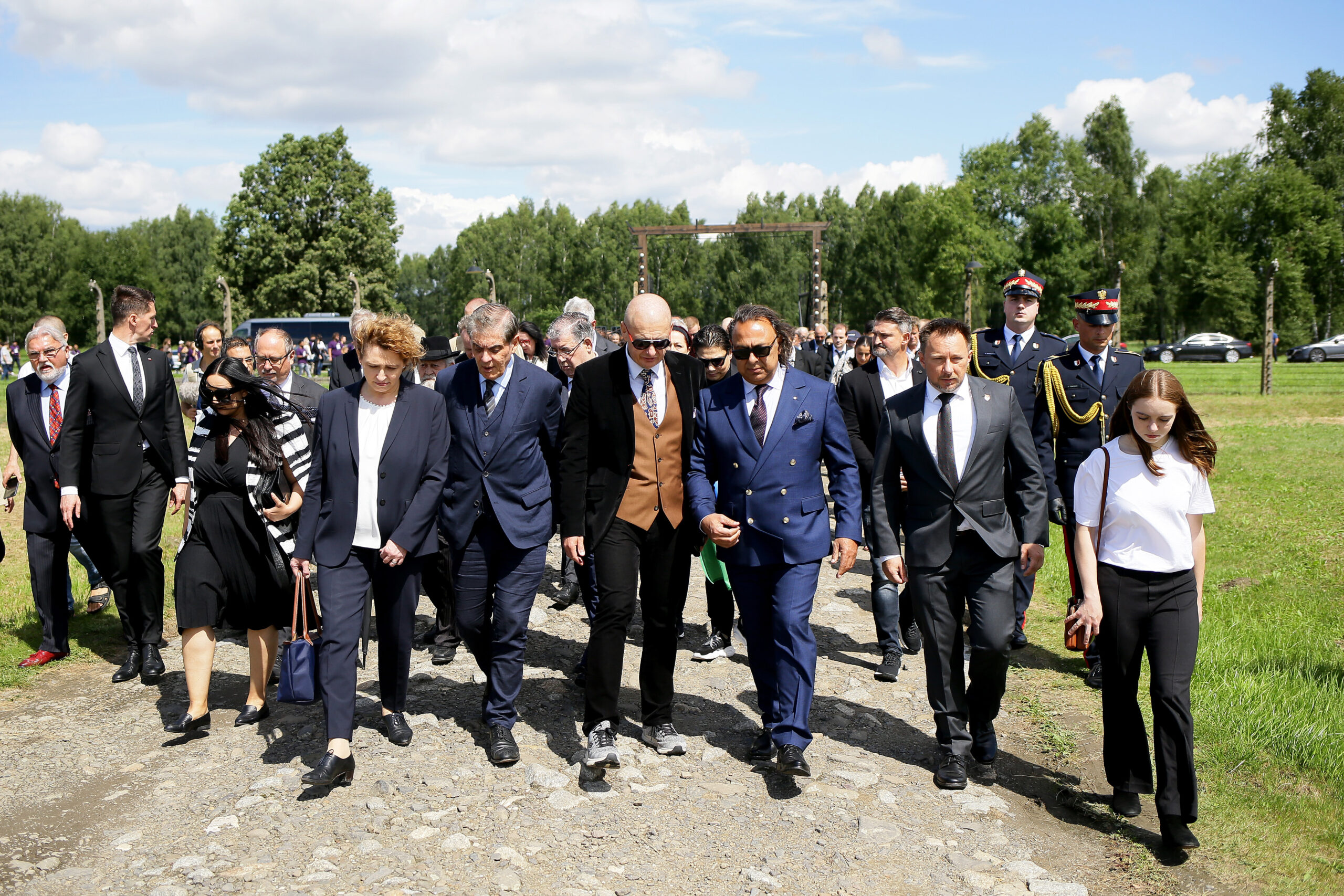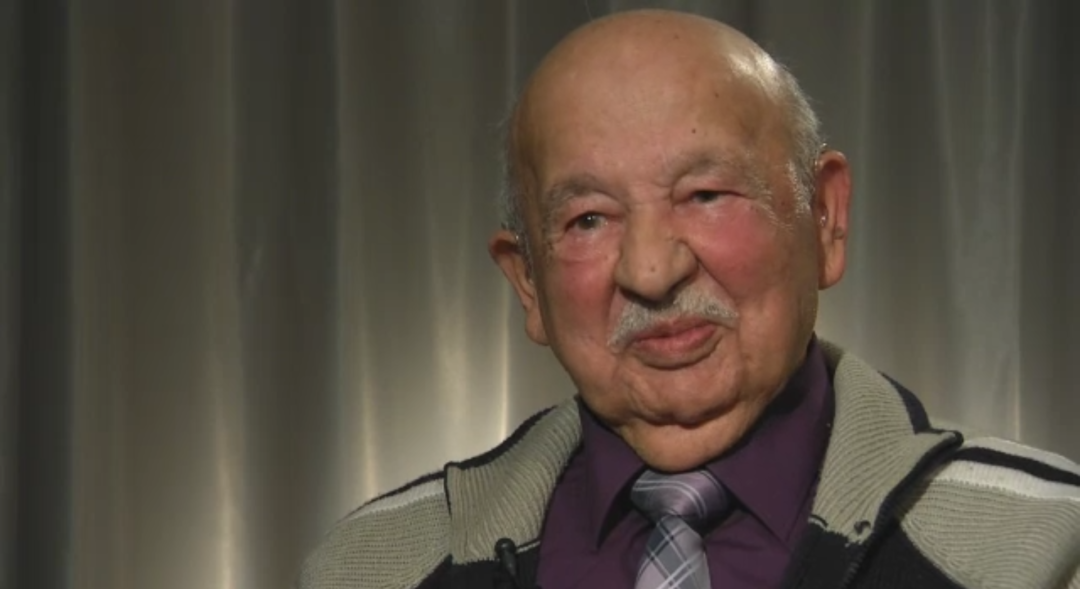Hans Seeger passed away on April 10, 2021, at the age of 89. He was born in Stettin on April 13, 1931, and survived three concentration camps.
Hans Seeger lived with his parents, his four brothers and his sister in Stettin, later in Zoppot (today Sopot) near Danzig (Gdańsk). The family led a low-key, middle-class life. His father worked as a musician and his mother was a housewife. He went to school with his siblings in Sopot and his older brothers worked in a nursery.
In 1943, in the middle of the night, the family was arrested and deported to Auschwitz-Birkenau. There he had to witness how the National Socialists murdered his younger brother, and shortly afterwards his mother. Hans Seeger was just twelve years old at the time. When his father and two of his brothers were taken to the main camp at Auschwitz, he and his eldest brother managed to get there with the help of a female clerk. His sister had to stay behind in Birkenau with his uncle and was murdered at the age of nine.
Together with his father and brothers, Hans Seeger was transported from Auschwitz to Buchenwald concentration camp in 1944. There the family was separated again and his brothers were transferred to the Mittelbau-Dora concentration camp. At some point, the prisoners learned that 200 children were to be transported back to Auschwitz. Hans Seeger escaped this transport only because he pretended to be sick. During the death march from Buchenwald to Flossenbürg concentration camp, he was liberated by US-Americans in 1945. With his father, he found himself in a military hospital a short time later.
As a contemporary witness, Hans Seeger gave testimony about the persecution and extermination of Sinti and Roma. With his story and the fate of his family, he reached out to many people and made them aware of the historical heritage. We will honor his memory.





